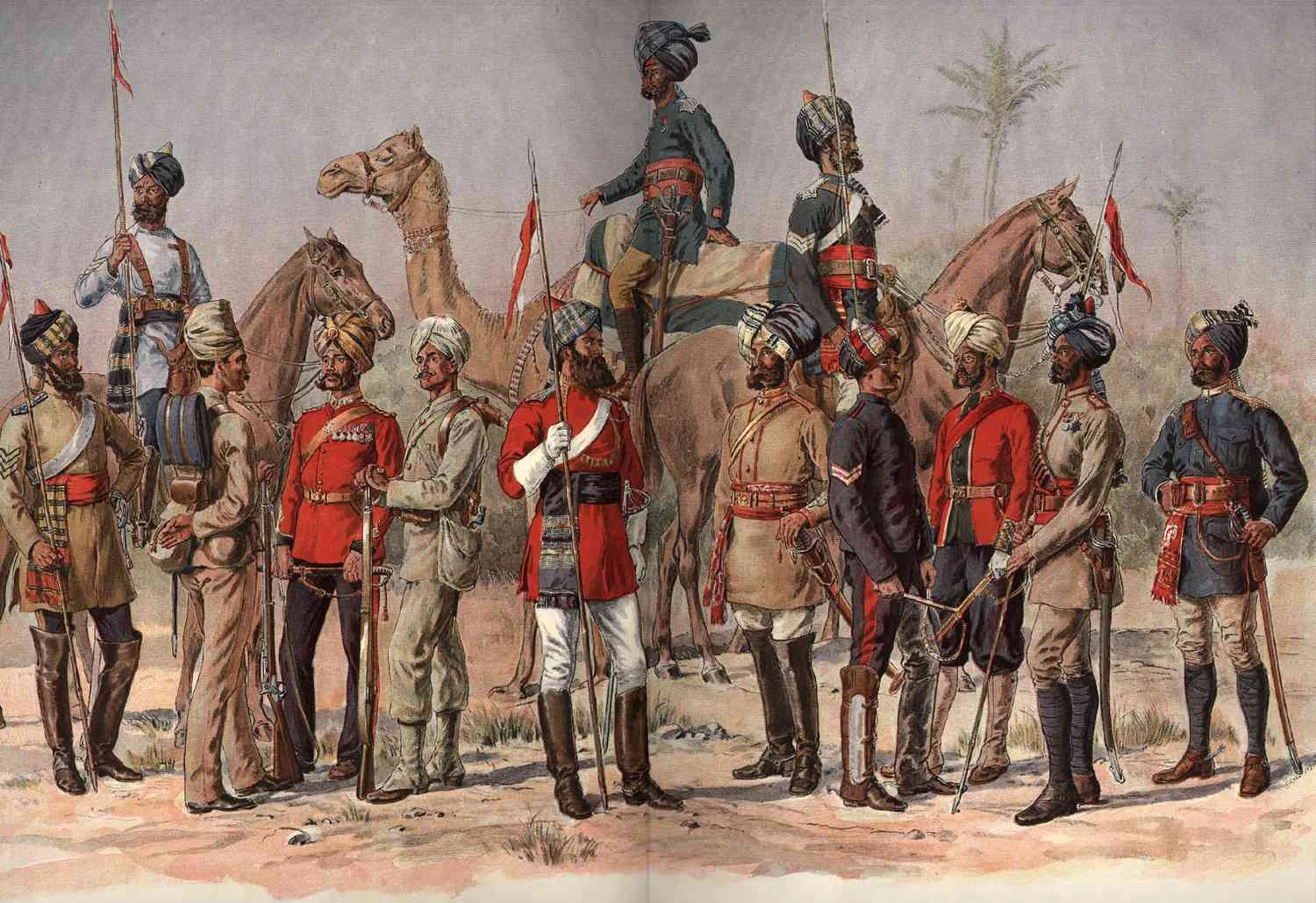
Get in Touch
We will get back to you within 24 hours.
Welcome to MVS Blog

Answer – Introduction
Colonialism has deep roots in human history, beginning in ancient times. However, it gained prominence during the European Age of Exploration and the centuries that followed. In the 15th century, Spanish and Portuguese adventurers such as Columbus and Vasco da Gama began sea voyages and discovered new territories. These territories were the first to be colonized. Thus, the European expansion that began in the 15th century came to be known as colonialism in the 18th and 19th centuries.
Simple Meaning of Colonialism: Colonialism is the process in which a powerful country occupies another country and takes control of its land, resources and people and uses it for its own benefit.
There are mainly two types of colonies under colonialism: -
On one hand, there are colonies like America, Australia and New Zealand, whose geographical location and climate were like Europe and convenient for them.
On the other hand, On the other hand, there were African and Asian colonies whose climate was different from Europe and was hot and uncomfortable for the Europeans.
Stages of colonialism:

If the complex process of colonialism is to be understood step by step, then it can be best understood by analyzing colonialism in India. India is one of the largest and oldest countries directly colonised by imperialism, with a population that was greater than the combined population of all the colonies.
Some major thoughts on Indian colonialism:
Historian Rajni Palmadatta writes, the study of colonial functioning in India presents an accurate picture of colonialism.
Prof. Vipin Chandra writes that during the colonial period, not only the Indian economy but also social, political, administrative and cultural life was affected. An entire world was lost and the fabric of social life was destroyed.
In the words of Lord Curzon himself, 'India is the pivot of our British Empire spread all over the world. If the British Empire loses any other part of its dominion, we can still survive, but if India is lost, the sun will set on the British Empire.'
The presence of colonialism in India can be seen in three phases:

1.Mercantilism (1757–1813): During the 16th and 17th centuries, European companies arrived in India and established trading posts and settlements. Initially, they purchased Indian goods such as spices and textiles at low prices and sold them at high prices in their own countries. In the beginning, these goods were bought using gold and silver, but gradually, to make this expensive trade more economical, they started establishing political control over India. This control helped them acquire Indian goods at cheaper rates and maintain a trade monopoly.
2. Free Trade Capitalism (1813–1858): After the success of the Industrial Revolution in
England, Britain began exporting raw materials from India to manufacture goods in its
factories, which were then sold in India at high prices. India was turned into an exporter of raw materials and a market for British goods. This led to the destruction of India's traditional economy, and artisans started losing their livelihoods.
3. Financial Capitalism (After 1858): In the third phase, the British invested in railways, roads, and irrigation projects in India, utilizing British capital with guaranteed high interest rates. The financial profits from these investments flowed directly to Britain, and the expenses were recovered by imposing heavy taxes on the Indian population.
Struggles against colonialism at the global level:
The interwar years witnessed major changes in Europe as well as Asia and Africa. The Ottoman Empire collapsed, Turkey became independent, and other regions were divided among various powers. Germany's colonies in Asia and Africa were returned to the victorious countries. And the principle of "self-determination of nations" fueled nationalist and independence movements around the world.
National movements in Asia and the fight for self-determination in Africa :
1. Impact on Europe and the Middle East: During World War I, the Ottoman Empire collapsed, leading to significant political changes in regions including Turkey. After the war, the Allied Powers (such as Britain and France) gained control over former German and Ottoman colonies. In Turkey, Mustafa Kemal Atatürk led the Turkish National Movement, establishing Turkey as an independent nation. The Treaty of Lausanne (1923) formally recognized Turkey's independence. However, many parts of the Middle East remained under European control, such as Syria and Lebanon under France and Iraq, Palestine, and Transjordan under Britain.
2. Palestine and Jewish Migration: In 1917, the British government issued the Balfour Declaration, supporting the establishment of a Jewish community in Palestine. This led to dissatisfaction among the local Arab population. During the 1920s and 1930s, the Jewish population in Palestine grew rapidly, escalating tensions between Jewish and Arab communities.
3. Struggles in the Arab Region: Control over holy cities like Mecca and Medina remained contested. By the 1920s, the Saud family had gained control over key areas in the Arabian Peninsula, leading to the establishment of Saudi Arabia in 1932. This highlighted the resistanceof Arab regions to European dominance and signified that European powers could not easily maintain their grip on these territories.
4. National Movements in Africa: After World War I, anti-colonial movements in Africa
gained momentum. Many African soldiers who had participated in the war developed a sense of self-determination. While European powers continued exploiting African resources, the resulting discontent spurred aspirations for independence. Though Britain and other European nations made some efforts towards economic development in Africa after the war, major changes occurred only during the Great Depression of the 1930s and after World War II.
Conclusion
Colonialism is a persistent stain on history that cannot be entirely erased. Its impact is still evident today in the form of economic inequalities, political instability, and cultural conflicts. However, it is not just a story of destruction; the post-colonial theories, reform movements, and the unwavering determination of people inspire us to learn from these historical mistakes and work toward building a just society.
0 Response